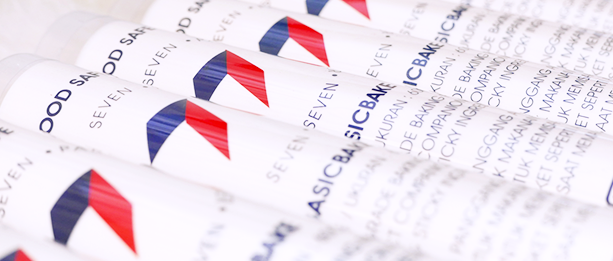We recently heard news about a whale stranded in rot and a stomach containing about 6 kg of plastic waste in the coastal area of Wakatobi. Starting from bottles, gallon covers, sandals, perfume bottles, instant noodle wrappers, beverage cups, raffia ropes, tarpaulin sacks, plastic bags, and others. This makes it difficult for animals in the high seas to distinguish between food and non-food because their habitat is already polluted. It is not only whales that are affected by waste pollution but many sea animals become victims. Minister of Maritime Affairs and Fisheries Susi Pudjiastuti said, Indonesia is the second largest contributor of plastic waste in the world that is thrown into the sea.
“Indonesia is the second largest contributor of plastic waste to the oceans in the world, plastic waste is very dangerous,” Susi said in a written statement received by Kompas.com, Sunday (8/19/2018).
For ourselves, the waste we dispose of at sea is also harmful to our body’s health. Because it has been found that small plastic granules that are not decomposed in our bodies enter through drinking water, seafood, salt, etc. Therefore we should be aware of the dangers of using plastic bags and other plastic materials that cannot be decomposed. If the plastic material we use can be decomposed, the plastic waste will not accumulate and become waste.
From now on let’s reduce the use of plastic and plastic bags for the sake of environmental and health care and use various variants of Seven Paper products that are guaranteed to be safe and food grade certified.
